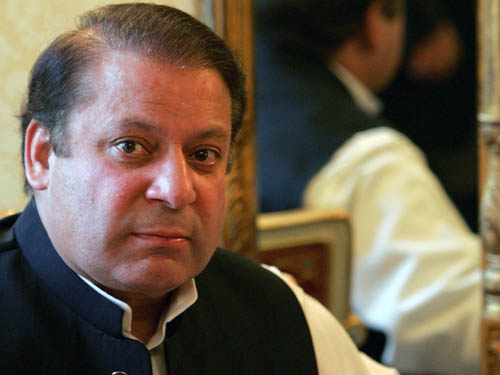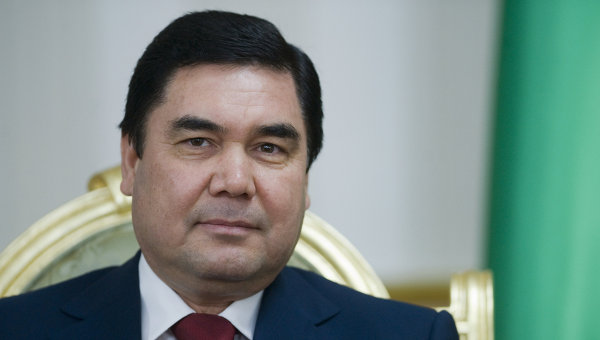Tuesday, September 8th, 2015
Washington Post notes improvement in Pakistan under Nawaz’s leadership

WASHINGTON, Sept 08 (DNA): Prominent American paper Washington Post has acknowledged improved economic and security issues in the country under the leadership of Prime Minister Nawaz Sharif.The Post’s Bureau Chief in Pakistan, Tim Craig notes how the situation in the country is turning around after the Pakistan Muslim League-Nawaz (PML-N) run government dodged a bullet last year when opposition parties Pakistan Tehreek-e-Insaf (PTI) and Pakistan Awami Tehreek (PAT) were on roads protesting.
President promises ideal facilitation, atmosphere to investors

ISLAMABAD, Sept 08 (DNA): President Mamnoon Hussain on Tuesday urged local as well as the foreign investors to start projects in Pakistan and promised that the government would facilitate the investors by further simplifying the rules and procedures.Addressing a round-table conference on the theme “Pakistan — Paradise for Investment” in Islamabad, the President said with the existing immense opportunities for investors, a liberal investment environment, stable economy, improved law and order situation and democracy, Pakistan had become a fast emerging destination for foreign and local investors.
Ambassador Olson launches U.S. mission Pakistan Urdu websites

ISLAMABAD, SEPT 08 (DNA) – – U.S. Ambassador to Pakistan Richard G. Olson announced the launch of U.S. Mission Pakistan’s Urdu-languages web sites today during his visit to Karachi.“We now have comprehensive Urdu-language web sites at the Embassy in Islamabad as well as our three Consulates in Lahore, Peshawar, and Karachi,” said Ambassador Olson.Recognizing the importance of providing information to Pakistanis in their national language, Ambassador Olson said, “Today, Urdu speakers all over Pakistan will be able to learn more about a range of U.S. government services and programs.
Turkmenistan one of the most repressive counties in the world. HRW report

World Report 2014: Turkmenistan Turkmenistan remains one of the world’s most repressive countries. The country is virtually closed to independent scrutiny, media and religious freedoms are subject to draconian restrictions, and human rights defenders and other activists face the constant threat of government reprisal. The government continues to use imprisonment as a tool for political retaliation. The release of several political prisoners and the adoption of some new laws that some have hailed as “reform,” have barely dented this stark reality.

